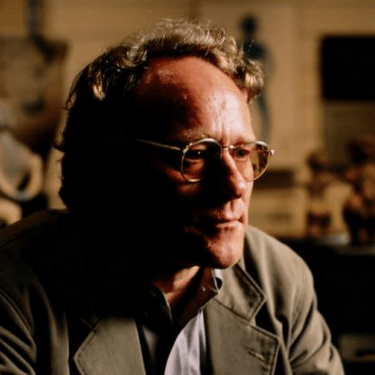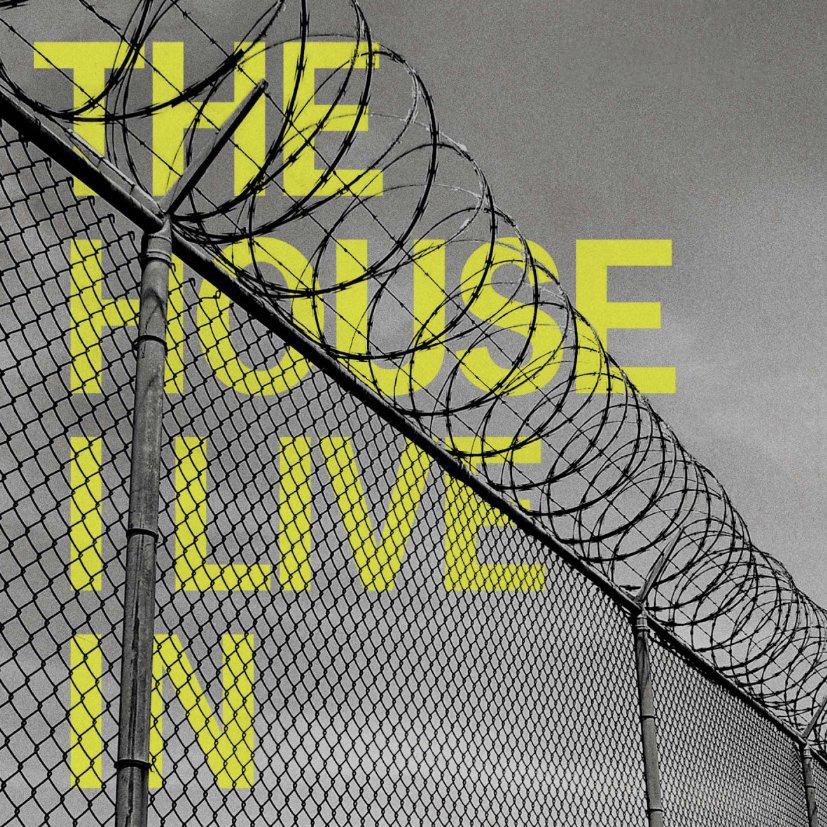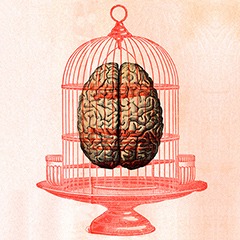
Author and journalist Graham Hancock
I find Graham Hancock’s TED talk about The War on Consciousness extremely compelling. He starts the 19 minute talk by touching upon cave art and the emergence of humanity as “fully symbolic creatures” who express themselves with language and drawings. From the 2 minute to the 10 minute mark, he talks about his experience with ayahuasca and how, when he finally decided to listen to the lessons it impressed upon him, it transformed his life.
But my favorite part is the last six minutes, where Hancock describes the fundamental human right to sovereign consciousness and the war being waged against it. He concisely exposes the hypocrisy of a society that sanctions some drugs, such as pharmaceuticals, nicotine, and alcohol, while prohibiting plants that have been used in sacred traditions to unite with ourselves, each other, and the divine for many centuries. I highly recommend the whole video, but especially the final section starting at 12:15.
If you don’t have 6 minutes to watch the end of the talk, here’s the best part.
I stand here invoking the hard-won right of freedom of speech to call for and demand another right to be recognized, and that is the right of adult sovereignty over consciousness. There’s a war on consciousness in our society, and if we as adults are not allowed to make sovereign decisions about what to experience with our own consciousness while doing no harm to others, including the decision to use responsibly ancient and sacred visionary plants, then we cannot claim to be free in any way. …It’s useless for our society to go around the world imposing our form of democracy on others while we nourish this rot at the heart of society and we do not allow individual freedom over consciousness.
Well said, Graham Hancock!
The talk has garnered some recent attention because, after TED’s “scientific advisors” reviewed the content of the talk, they removed it from the main TED page and relegated it to its own page with a caution about its controversial content. In fact they’ve started a very lively and interesting debate about whether Hancock’s video deserved to be removed from TED Talks, and to what extent TED should be promoting such unorthodox and arguably unscientific material.
Personally, I think Hancock showed great restraint in the way he presented his views and find his talk laudable rather than objectionable. I can sympathize with the organization’s desire to remain rooted in verified sciences and technologies, but they’ve hosted talks that go much further afield than this one. Hancock’s talk clearly meets TED’s criterion of “Ideas Worth Spreading.” I am a hardened skeptic when it comes to pseudoscience and conspiracy theories, and even I was left impressed and inspired. What do you think?
Liked this post? Subscribe to my RSS feed to get much more!











